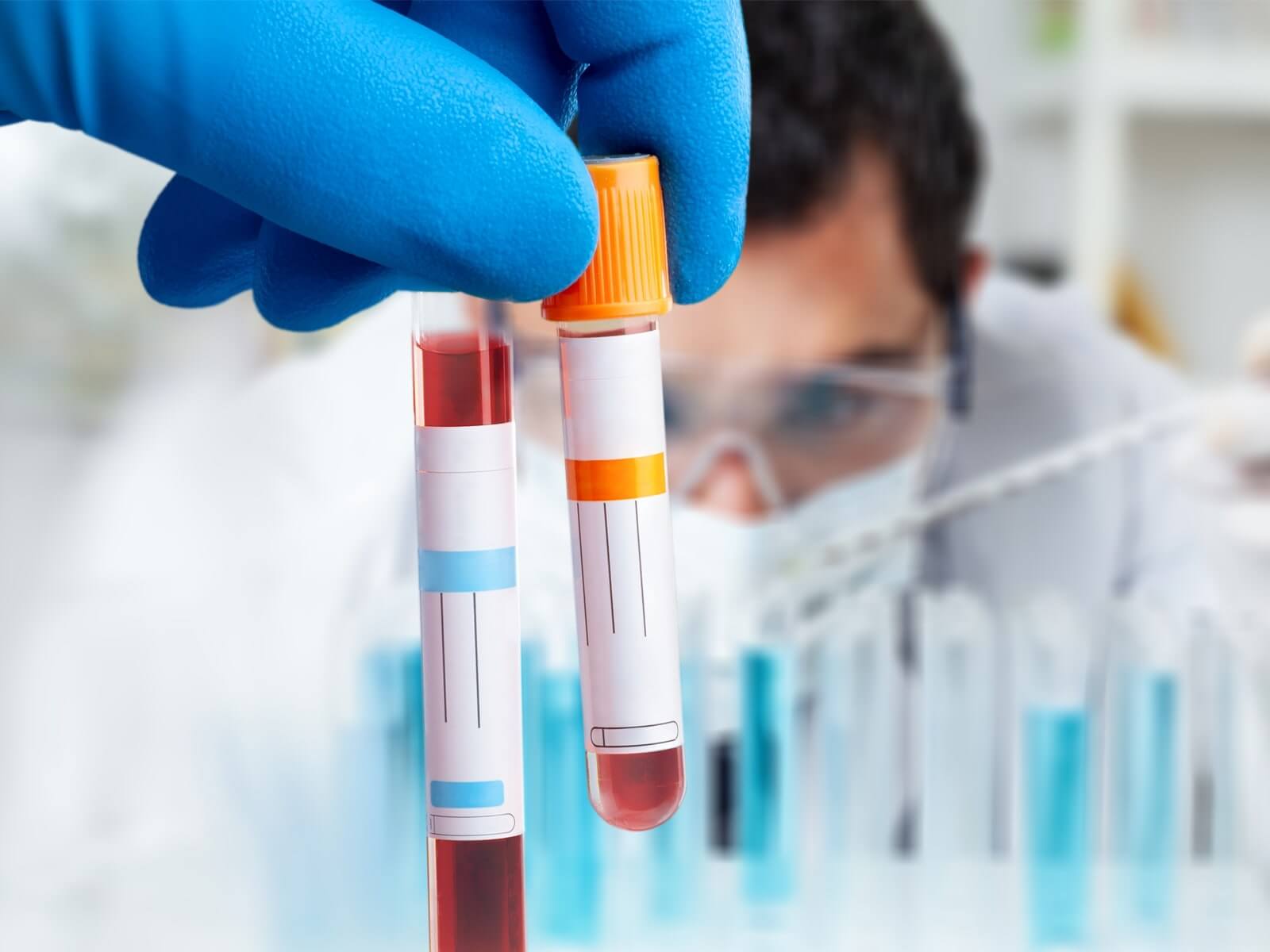
Angiodysplasias (colon angioectasias) are small and weak vessels in the colon wall that may leak. During a colonoscopy, they frequently occur on the right side of the colon and can be identified as the K31.6 classification of ICD-10.
These faulty vessels do not necessarily manifest themselves immediately. Upon bleeding, you can notice:
Colon angioectasias may develop due to a number of factors:
In Jersey Village, GastroDoxs focuses on the diagnosis and treatment of colon angioectasias in a caring, patient-centred environment. Our experts assist in preventing hemorrhage through state-of-the-art techniques of endoscopy and tailored in-care plans to ensure that you are back on your feet within your usual state doing what you enjoy most. Do not postpone- book your appointment and start living without your symptoms.
We've successfully treated more than 1.5K patients, helping individuals improve their digestive health and overall well-being through expert, personalized care.
With over 20 years of experience, GastroDoxs has been a trusted provider of gastroenterology care, focusing on delivering the best outcomes for patients
Angiodysplasia is a fragile, abnormally formed blood vessel within colonary wall which is able to hemorrhage when it fails.
They are the most prevalent among the elderly and among individuals with heart disease, kidney disease or some blood related disorders.
They tend to be identified in the colonoscopy or in the form of video capsule endoscopy wherein the inside of the colon is directly observed.
No, the condition is not normally painful. Majority of the population feels fatigued due to anemia, or they observe blood in their stool instead of pain.
Colon angioectasias (angiodysplasias) have a medical classification code code of K31.6 used to identify and charge it in the medical records of the patients.
Yes. New lesions or recurrent bleeding are possible even with successful treatment and this is the reason why follow-up is important.
No. In case of no active bleeding or anemia, we might need to watch the situation manifesting itself through various colonoscopies than acting at the moment.
Surgical intervention is infrequent and it is done in instances where the endoscopic management measures (such as heat coagulation) have not been effective in controlling the bleeding.
Although iron-contents food and supplements are sufficient to treat iron deficiency, they do not treat malformed vessels. To prevent bleeding, endoscopic treatment is required.
It is easy as one just calls our Jersey Village office, or makes an appointment online. In your case our team will examine your symptoms, carry out tests required, and come up with a custom-made treatment plan.